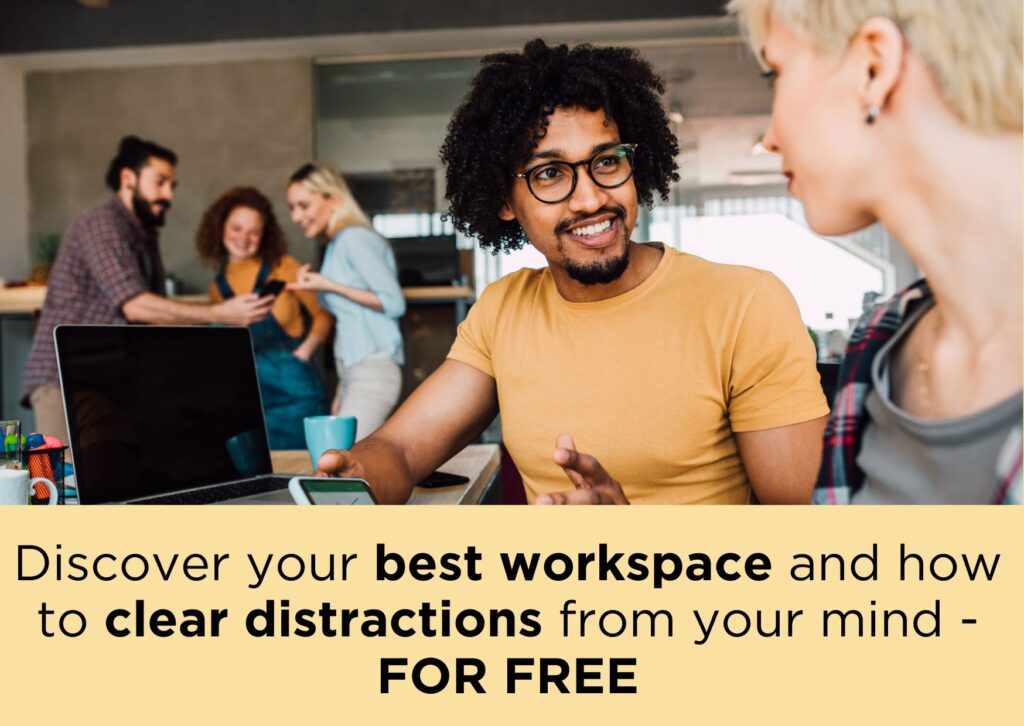In the age of hybrid working, it’s not all sunshine and rainbows. Daily digital fatigue is a significant consequence. The days of bustling commutes and lively offices have been combined with screen-bound isolation, with far-reaching consequences. Prolonged screen time is causing eye strain, headaches, and an increased sense of physical and mental exhaustion.
In this context, Sensory Intelligence® takes on a significant role, offering a revolutionary approach and solution. Understanding how our unique sensory responses and perceptions – based on sensory neuroscience – influence our digital experience becomes crucial to understanding and optimising our performance and well-being.
In this article, we examine a more practical approach to address these challenges for both employers and employees:
- Employers:
Your employees remain your biggest asset. Embrace and support hybrid working as it provides immense flexibility and agency to your employees. At the same time, have realistic expectations and recognise the demands of this new reality. Hybrid working remains a critical enabler to guide employees toward high performance while enhancing your reputation as an inclusive and flexible employer.
- Employees:
Balancing office work, home working, remote work, homeschooling, family demands, and confined living spaces is no small feat. Listen to your body. Take heed of physical and mental signals. If you’re feeling dizzy, fatigued, or anxious, consider them as early warnings that require your attention.
We offer practical neuroscientific guidelines, for both employers and employees, to reduce digital distractions and fatigue:
Auditory Optimisation:
- Use headphones and/or earphones as they are the easiest way to limit unnecessary distractions.
- Do a mic check and ensure your microphone settings are comfortable.
- Mute, when necessary, particularly when you are on the call with others. Background noise gets amplified on team calls and you stand the risk of ruining your online reputation.
- Disable notifications and eliminate these annoying background pings which disrupt discussions and engagements.
Visual Well-being:
- Lighting matters and directly influences brain levels and concentration. Position yourself for optimal illumination and go for natural lighting as much as possible.
- Streamline your digital workspace. Declutter your desktop, limit open tabs, and choose soothing backgrounds.
- Be present when you are on digital calls with your team and use video to enhance the human connection.
Movement and Self-Regulation:
- Prioritize breaks as regular movement pauses are essential to sustain focus. Sitting has become the new smoking and movement should be seen as the best treatment.
- Create meeting intervals and avoid a back-to-back meeting schedule to prevent fatigue.
- Keep excessive movement to a minimum during video calls to avoid discomfort (and feeling seasick) by your other participants.
Human touch and engagement:
- Be mindful that human (face-to-face) interactions have been reduced in the era of hybrid working with increased isolation and loneliness negatively impacting on mental health.
- Foster in-person connections and create opportunities for teams to meet and engage.
- Activity-based workspaces are ideal for providing flexibility for employees to navigate between ‘busy-people-collaborative’ spaces and ‘quiet-focused’ spaces.
Effective Scheduling and Time Management:
- Use alternative communication and team chats with less sensory stimuli, boosting productivity. Examples include WhatsApp or Slack messages which can be muted and managed for engagement without constant disruptions.
- Fair and effective scheduling by implementing an equitable and flexible office space allocation system.
- Provide remote workers with guidance and resources for optimal home workspaces.
- Shift your leadership approach from monitoring hours worked to measuring output and productivity. This is a critical factor in making hybrid work successful.
Understand and optimise your people:
- Understanding sensory styles is to acknowledge individual needs and preferences for work settings. A ‘one size fits all approach’ is no longer effective. Humans are unique and different. There are about 30% of people who thrive working from home, 40% of people are flexible in their choice of workspace and another 30% thrive being back at the office.
- Senses@Work™ is a self-assessment tool designed to match people with their most ideal and sustainable workspace while also providing easy and accessible tips and tools to enhance performance and boost wellbeing and team engagement. People matter!
In the face of ongoing digital transformation, we must adapt, respecting the individuality of our sensory responses. By embracing Sensory Intelligence® and following these guidelines, we can create productive, inclusive, and sustainable work environments in this new era.
As a valued reader, you can get access to a free Senses@Work assessment to:
- Identify your sensory style.
- Find your sweet-spot workspace.
- Get personalised strategies to improve your physical workspace.
- Get personalised strategies to maximise your digital workspace.
- Get performance tips to keep your daily performance and wellbeing optimal.
Follow this link to get free access and 100% discount for a Senses@Work™ assessment. This offer expires on 5 March 2024.
About Sensory Intelligence®
Founded in 2003 by registered Occupational Therapist Dr Annemarie Lombard and headquartered in Cape Town, Sensory Intelligence® Consulting consists of a niche group of passionate healthcare professionals experienced in neuroscience.
Sensory Intelligence® Consulting is committed to helping people be healthy, happy, and productive through the 7 senses.
Lombard, who has more than 30 years’ experience and is the author of ‘Sensory Intelligence® – why it matters more than IQ and EQ’, pioneered the Sensory Matrix, a tool that has been designed to assist people understand and manage their 7 senses.
Through the use of revolutionary, innovative, yet simple frameworks of sensory assessments, workshops, and coaching, its clients learn how to engage their 7 senses for improved wellness, relationships, and productivity.
Sensory Intelligence® Consulting won the BPeSA contact centre industry organisations’ “Best Non-Technical Innovation – External Award” in 2010 for their Senses on Call e-assessment tool.




